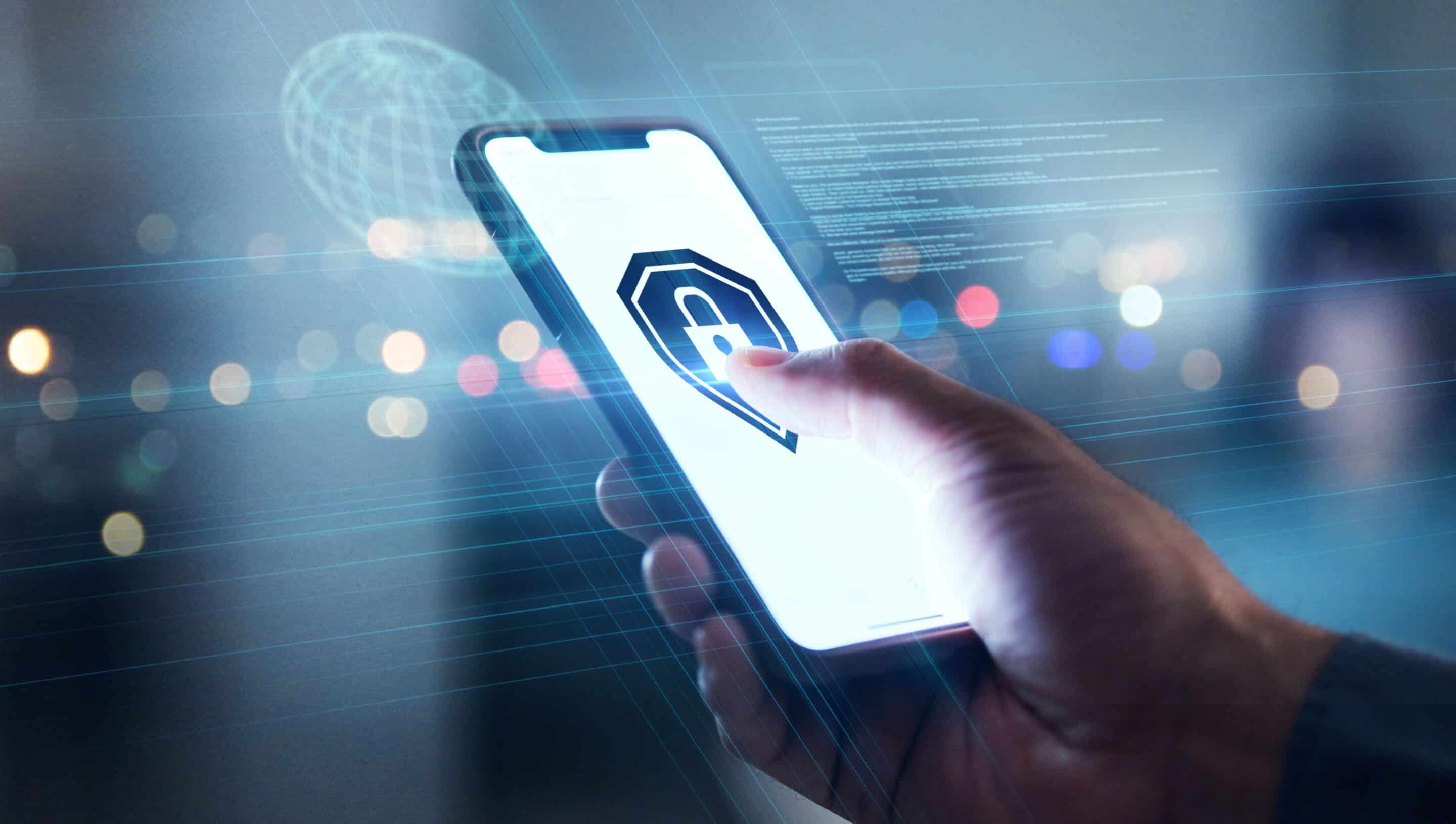There’s a new scam making its way around called phantom hacking, and according to the FBI it’s on the rise due to its sophistication in how it engages victims.
What is a Phantom Hacking Scam?
A “phantom hacking” scam is a type of fraud where scammers impersonate bank or credit union representatives to convince you that your accounts have been hacked. They create a false sense of urgency and panic, convincing you to move your money to a ‘safe place’ — which is just the scammer’s account.
How Scammers Execute Phantom Hacking Attacks
Scammers use different methods to execute these attacks. They may try to get you to directly transfer funds to them. In other cases, they may ask for your online banking credentials (username and password) to gain access to your accounts. Another common tactic is to trick you into downloading a malicious app that gives them remote access to your phone or computer. Once they have control, your money and your personal information are at serious risk.
How to Protect Yourself from These Scams
- Don’t Install Apps on Command: Never download an application because a caller instructs you to do so. Always verify the legitimacy of any app before installing by reading the description and going online to research the app from the financial institution the fraudster is impersonating.
- Avoid Suspicious Links: Be cautious of links in unexpected texts, emails, or pop-ups. To access a business’s website, always type the official address directly into your browser or contact the business directly to confirm the validity of the email, text, or pop-up.
- Verify Phone Numbers: Ignore phone numbers provided in suspicious messages. These numbers often lead directly to fraudsters, not legitimate businesses. To confirm a business’s phone number, visit their website by typing the official URL directly into your browser and finding their contact information.
- Guard your credentials: Your financial institution will never call, email, or text you and ask for your personal information or online banking credentials. If this happens, call your financial institution directly by using the official number listed on their website or the back of your debit card.
- Never transfer money under pressure: Real financial institutions won’t ask you to withdraw cash, buy gift cards, use cryptocurrency like Bitcoin, or transfer funds to third-party apps like Cash App, PayPal, or Venmo to “protect” your money.
Remember, any request that pressures you to act quickly, download software, or move your money is a red flag. Take a moment to slow down, hang up, and call your bank or credit union directly to verify the situation.
Interested in learning more? The FBI has published a podcast with additional insights on this type of scam, Inside the FBI: The Phantom Hacker Scam.




